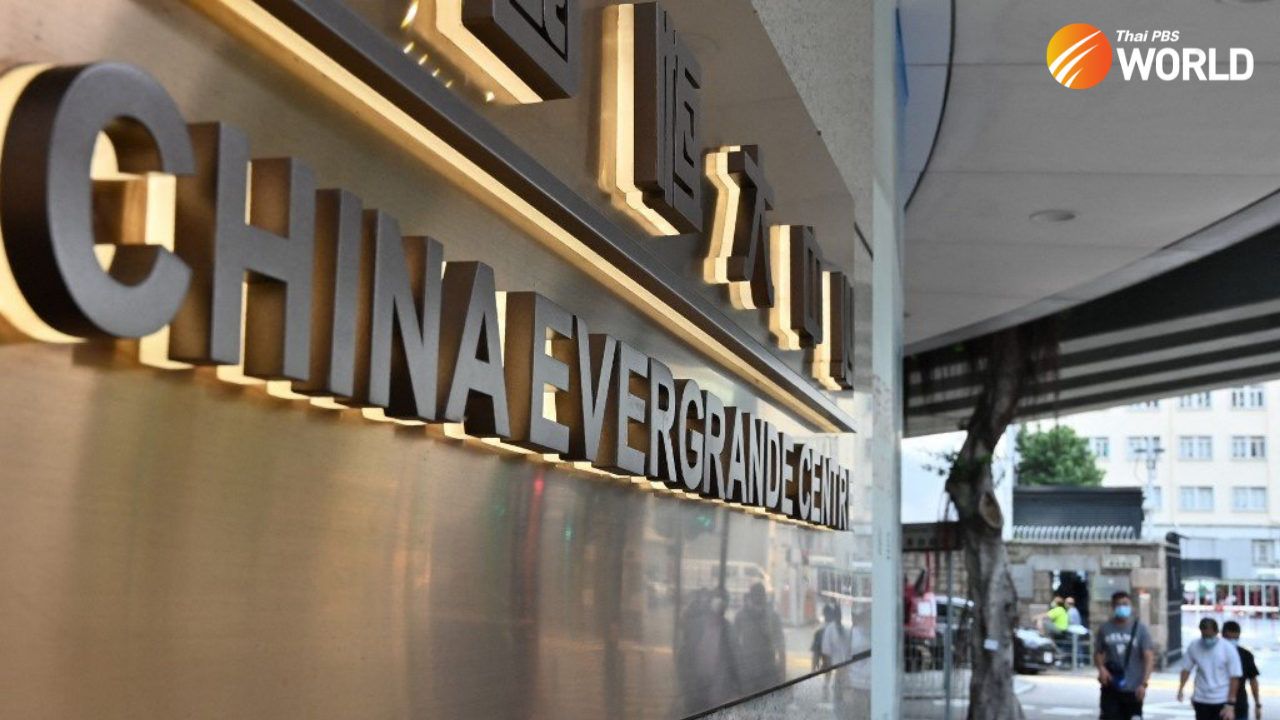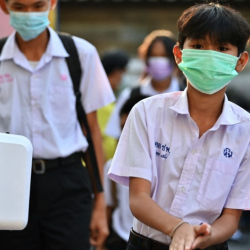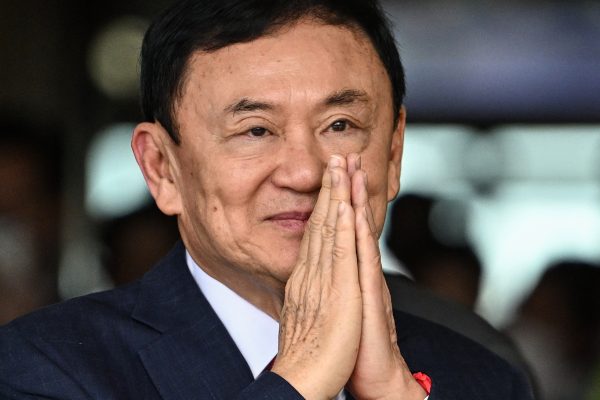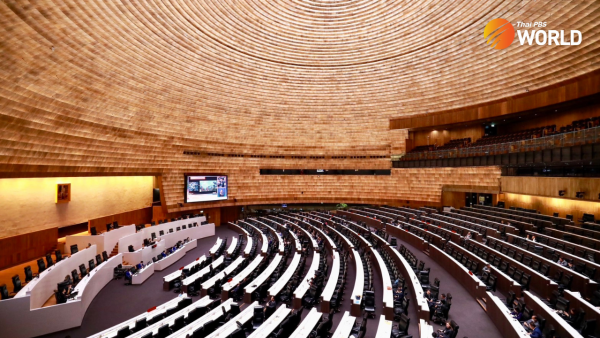Complexities of Evergrande phenomenon

In a more ideologically straightforward world, Chinese “merchants” and capitalism don’t go anywhere near each other. That, however, is not the case in this world, where the financial troubles of one of China’s biggest real estate conglomerates have rattled every major stock market across the globe.
The good news for capitalism is that the fears gripping stock markets are an unmistakable sign of its success in terms of relentless penetration and prevalence. The bad news is that the system advocated by America can be brought down by “enemies within”.
Picture capitalism as a neighborhood that keeps expanding. It has grown to take in a congregation of people once called gangsters, who either can be turned and absorbed by the mainstream or act as a Trojan Horse.
How has this world reached a point where the capitalistic camp is squirming over what it should have instead celebrated _ a big financial problem in China? The main cause is greed. Capitalists swallow up everything on their paths. That’s what they do. China, meanwhile, has been cherry-picking the benefits of different ideologies. The rest is history.
Things would have been so different had the two protagonists really stuck to their own courses. In other words, each should have cared about its own business. Capitalism makes its advocates worry about what happens on the other side of the world, not in front of them. China used to do the exact opposite, going about with the belief that each man contributes and receives according to his abilities and needs. But it has not been the way it’s supposed to be.
The Evergrande phenomenon shows a glimpse of what can happen now that the two sides have crossed ways.
The worldwide stock plunges, with many losers not having anything to do with Evergrande whatsoever, are a major drawback of capitalism. The system is a highly complicated, if not faulty, version of how the world should trade.
China Evergrande fears grip markets as Beijing stands back, for now
NEW YORK/BOSTON/HONG KONG, Sept 21 (Reuters) – The risks of China Evergrande Group (3333.HK) defaulting on its mountain of debt loomed large over nervous markets on Tuesday, as investors looked for signs of intervention by Beijing to stem any potential domino effect across the global economy.
To simplify how capitalism spawned such crises as the subprime disaster, it goes like this: a lot of people in Village One put their bets on Village Two catching a lot of fish three years from now. In many cases, money is borrowed from Village Three to place the bets. Village Four insures the debts. Village Five buys some of the “bad” debts. When the “bad” debts get worse, they are sold to Village Six, which is somehow convinced it could turn them into profits.
When an unexpected natural or man-made disaster hits the second village, all hell breaks loose. By that, even pig farmers who have nothing to do with fish and are living half the world away from Village Two are badly affected.
The metaphorical process explains why global investors are so worried about what’s happening to Evergrande, whose business, in the White House’s own words, was “overwhelmingly centered in China.” The world’s financial market is a crazy web of interconnections, and the amount of money borrowed by Chinese companies is said to be gargantuan which capitalism considers to be a big threat to its stability.
Picture China as someone who never got beyond the nearest neighborhood to trade but has begun to stray a long way off the beaten track, albeit cautiously. If something went wrong, it would be an honest, yet possibly costly, mistake. This scenario should not scare capitalism that much. The Trojan Horse one, however, is worrisome.
China is copying, creating, innovating, adapting and all the while being enriched by capitalism in the process. One can say that capitalism has the advantage because it is being sold as an ideology without the Chinese themselves knowing it. Another will say that nothing is sweeter than destroying the enemy by using the money the latter has been providing. After all, at stake ultimately is the status of world economic superpower, being held precariously by the United States.
Capitalism has proven its resilience, surviving one crisis after another. After the dotcom crash, it was the subprime mortgage boom before the housing bubble burst and turned yet into another catastrophe. But, somehow, the system holds.
So, it’s an open game or a new test. On the one hand, capitalism is slowly but surely co-opting some potential enemies, but on the other hand, it keeps adding to the already vast array of health risks. And the new risks are coming increasingly from sources that are anything but trustworthy.
By Tulsathit Taptim






